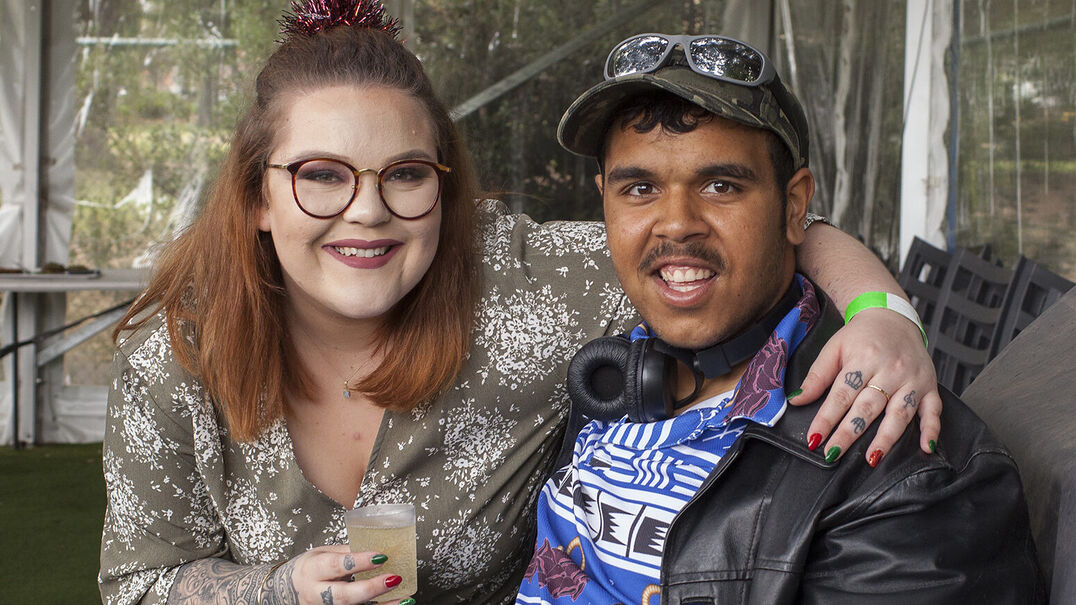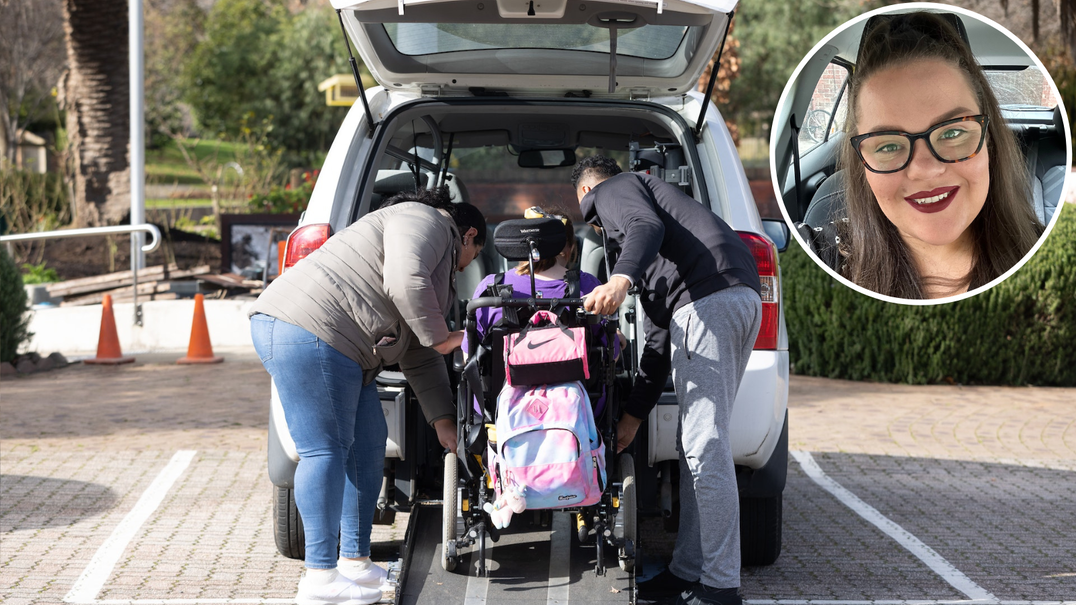News
Love your support work: Tips for starting a shift with a new client
19 April 2021
InLife’s Ally Brown shares her advice for meeting and working with a new client for the first time.

It’s a question that gets asked all the time. Find out what you need to get a job in the disability sector.
When it comes to disability support work, the workforce is incredibly diverse, according to InLife Executive Client Service Manager Dianne Rhodes.
Some people come to the industry from nursing, aged care or other health backgrounds. But for others it’s a first job or a complete career change. For example, this former fencer from country Victoria was looking for a new pathway, as was this hairdresser from Melbourne.
Disability support work can also be a great job for students because of the flexibility it offers. It’s often a good match if you're studying a health-related field such as nursing or psychology.
But before you start applying there are a few musts that you need to have before you start work.
What you need to get started as a disability support worker:
Document | Cost | Where do I get it? |
NDIS Worker Screening Check (Mandatory if you want to work for a registered disability support provider) | $128.20
Valid for 5 years from the date of clearance. | Visit the government website here |
First Aid Certificate - This must be a nationally accredited course and delivered by a Registered Training Organisation (RTO) provider | Costs vary depending on the provider, but generally about $100-$200 and valid for 3 years. | Multiple providers offer First Aid certificates including St John Ambulance Australia. |
Working with children Check if you’re working with under 18s. | $128.20 | Apply here |
Nice to have
While you can become a disability support worker without any formal qualifications, getting a Cert IV in disability or community services from TAFE can boost your chances of landing your preferred role.
What training your provider might require
If you’re working for a registered provider, you will be required to complete an online NDIS Code of Conduct Worker Orientation module. This module explains the obligations of workers under the NDIS Code of Conduct – from the perspective of NDIS participants.
Depending on your client and their individual needs, you may also be asked to complete some extra training by the provider. For example, you might need to complete a manual handling training module if you have a client with physical support needs and you’ll be using a hoist.
Shadow shifts
At InLife, new support workers generally do shadow shifts with another support worker. This helps them learn what a shift with a new client is normally like and can include on-the-job-training from a more experienced support worker, if needed.
Soft skills
Soft skills can be just as important as technical skills that can often be learnt.
For disability work it’s great if you :
Have good communication skills
Enjoy working with people
Have a desire to support people to reach their goals
Finding the right match
Ultimately, it’s about whether you’re the right person to fit the client’s individual needs.
“This is not necessarily knowledge or technical skills but is often around interests and personality match,” Dianne said.
“It’s about having a desire to work with people and being a part of doing something that is meaningful,” she said.
“For us it's about getting to know each potential staff person as an individual, discovering who they are and what they can bring that will be the right match for our clients.”
Browse InLife’s current job opportunities.
News
19 April 2021
InLife’s Ally Brown shares her advice for meeting and working with a new client for the first time.

News
21 December 2022
InLife will be the on-site provider for residents at 10 new apartments in Melbourne’s south-east.

News
13 December 2022
InLife's Ally Brown shares her tips for building a long-standing career in the disability sector.
